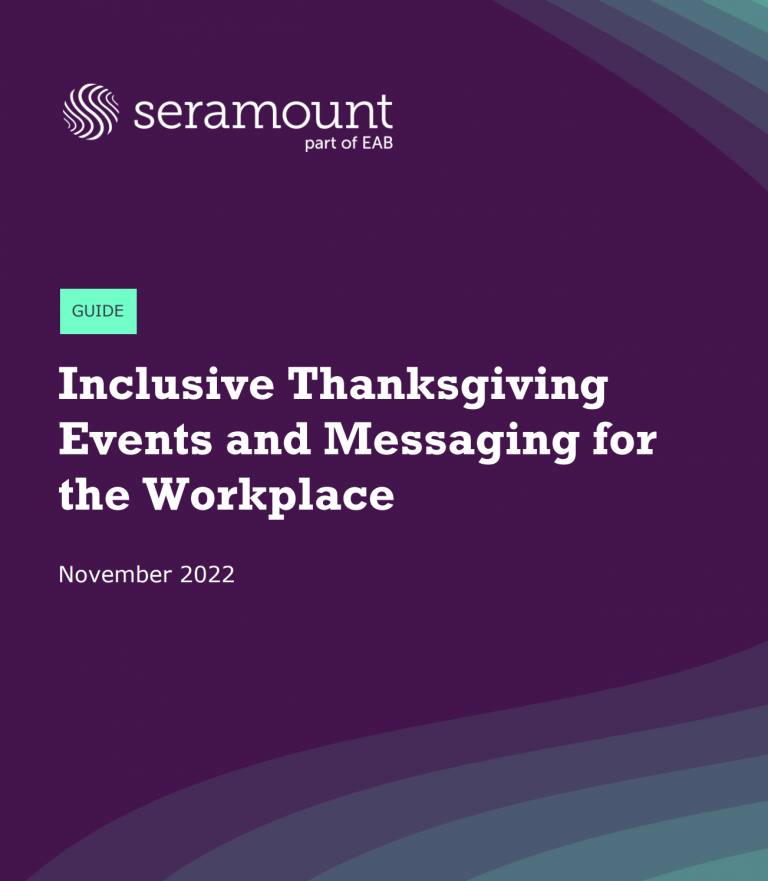Thanksgiving Day occurs every year on the fourth Thursday of November in the United States. Proclaimed a federal holiday in 1863 by President Abraham Lincoln, the day is meant to commemorate the autumn feast shared between the Plymouth colonists and Wampanoag people in 1621. Early advocates for the holiday, such as Sarah Josepha Hale (author of “Mary Had a Little Lamb”), hoped the day would act as a unifying measure for Americans following the Civil War and allow citizens to come together to give thanks.
In recent years, decolonization efforts have spread throughout the country. Decolonize means “to change something in a way that considers the cultural beliefs behind it.” According to Abbie Adams, a faculty member in the Department of Anthropology at the Indiana University of Pennsylvania, decolonization efforts are meant to “set the record straight, acknowledge Native Peoples, debunk myths, and show Native Americans as contemporary people with dynamic, thriving cultures who have profoundly impacted our current food system.”
Thanksgiving decolonization advocates seek to teach how the history of the first Thanksgiving ignores the violent history between Native Americans and European colonists and creates a harmful narrative that disregards how colonialism has and continues to effect Native American communities.
For these reasons, Thanksgiving celebrations or messages in the workplace may contribute to feelings of exclusion or discomfort for Native American employees, employees who do not celebrate the holiday, and employees who support Thanksgiving decolonization efforts. Here are three steps U.S. companies can take to create more inclusive and culturally responsive events and messaging around Thanksgiving.

